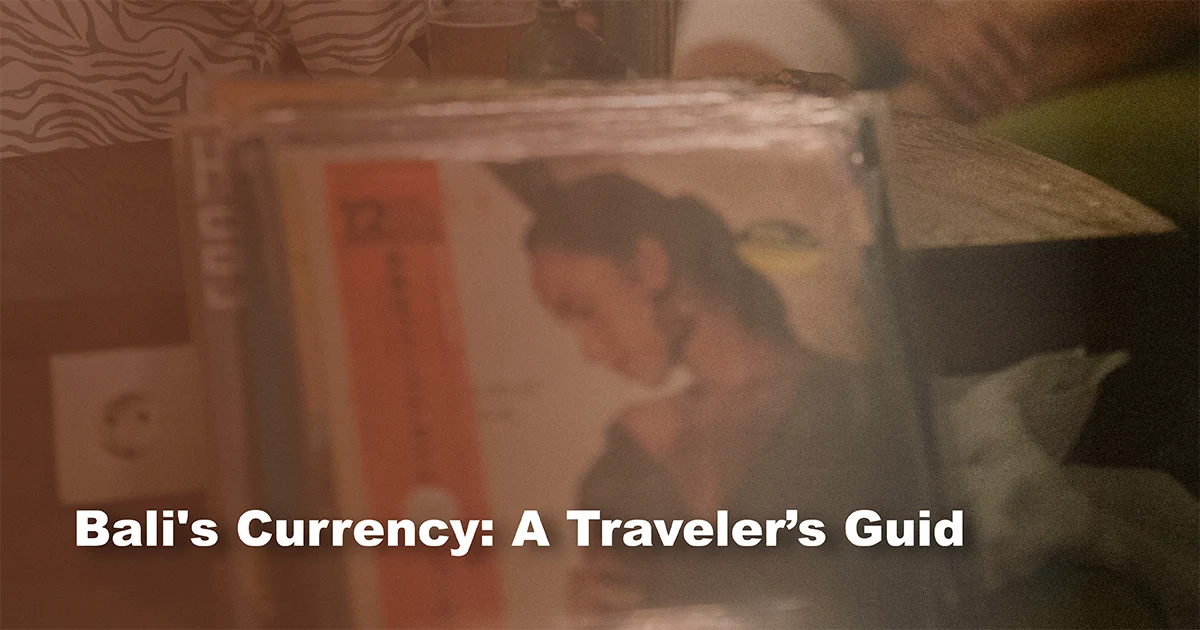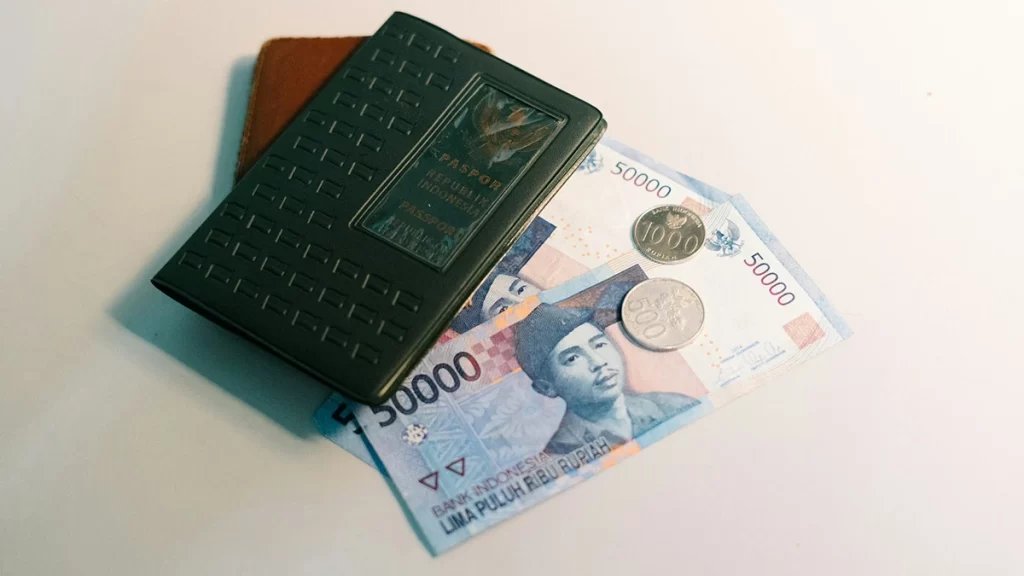When planning a trip to Bali, it’s essential to familiarize yourself with the local currency: the Indonesian Rupiah (IDR). Knowing how to navigate currency exchange, budgeting, and financial transactions will help ensure a smooth and enjoyable holiday. This guide will walk you through everything you need to know about Bali’s currency and offer some practical tips to make your financial experience on the island hassle-free.
Getting Acquainted with the Indonesian Rupiah
The Indonesian Rupiah is abbreviated as IDR, and you’ll most commonly see it represented with the symbol “Rp”. Banknotes come in various denominations, including Rp 1,000, Rp 2,000, Rp 5,000, Rp 10,000, Rp 20,000, Rp 50,000, and Rp 100,000. Coins are less frequently used but are available in amounts like Rp 100, Rp 200, Rp 500, and Rp 1,000.
Due to exchange rate variations, a large number of rupiahs might not have the purchasing power you’d expect compared to local currencies from Europe or North America. This is important to remember when budgeting or converting prices in your mind.
Currency Exchange in Bali
1. Arrival at the Airport
Upon landing in Bali, you’ll find currency exchange counters at Ngurah Rai International Airport. While convenient, these counters may not offer the most competitive rates. Consider exchanging a small amount initially, just enough to cover immediate expenses like transportation and meals, and then seek better rates in town.
Read more: What to Pack for Bali? Preparing for Unforgettable Journey
2. Local Banks and Exchange Offices
Currency exchange offices are plentiful in Bali, particularly in tourist areas such as Seminyak, Kuta, and Ubud. Authorized money changers and banks typically offer better exchange rates than airport counters. Ensure you use a reputable service; authorized changers usually display the “PVA Berizin” logo indicating they are legally licensed.
When exchanging money, count the rupiahs carefully and be wary of high-pressure selling or sleight-of-hand tactics. Avoid changers with unbelievable rates, as these could be scams.
Using ATMs in Bali
ATMs are widely accessible in Bali and offer another convenient way to obtain rupiahs. However, be mindful of potential fees associated with overseas withdrawals. Here’s how to use ATMs effectively:
Use ATMs Connected to Bank
Opt for machines located at banks to minimize the risk of fraud and technical errors. ATMs from well-known banks like BCA, Mandiri, or BNI are commonly used by travelers.
Beware of Transaction Fees
Check with your bank about foreign transaction fees, which can add up quickly. It might be worth withdrawing larger amounts less frequently to save on fees.
Notify Your Bank
Inform your bank of your travel plans to avoid any service disruptions due to security flags on international transactions.
Read more: 13 Things to Buy in Bali: A Detailed Guide for Travelers
Tips for Managing Currency on Your Visit
1. Budget Wisely
With Bali’s mix of affordability and luxury, budgeting depends largely on your travel style. Street food and local markets offer budget-friendly prices, while high-end dining and tourist activities can add up. Plan your budget by considering accommodation, meals, transport, and activities.
2. Keep Smaller Bills Handy
Many local businesses, including street vendors and small eateries, may not have change for larger denominations like Rp 100,000. Carry smaller notes for convenience, especially when shopping at markets or paying for rides.
3. Use Local Payment Apps
Indonesia has seen a rise in cashless payments through local apps like GoPay and OVO. These apps can be linked to your bank account and are widely accepted in shops, restaurants, and for ride-hailing services. Cashless payments can streamline transactions and help track spending.
4. Be Cautious with Credit Cards
While many establishments accept credit cards, smaller businesses usually prefer cash. To protect against fraud, always use cards in reputable establishments and keep an eye on your statements for any unauthorized charges.
5. Understand Tipping Norms
Tipping is not mandatory in Bali, but it’s appreciated. In restaurants, rounding up the bill or leaving a 10-15% tip is customary in more upscale places. Always check if a service charge is included in your bill before tipping extra.
Read more: Tips for First-Timers in Bali: A Guide to an Unforgettable Adventure
Handling Currency Safely
Keep your money safe by spreading cash between different bags or pockets, in case of loss or theft. Use hotel safes for storing large sums or important documents, and avoid displaying large amounts of cash in public.
Understanding the local customs surrounding money can also enrich your visit. In Bali, respectful negotiation or bargaining is commonplace in markets and for taxis. This process is expected and often enjoyable for both parties if done politely.
Navigating Bali’s currency doesn’t have to be daunting. By preparing in advance and understanding how to best manage your finances on the island, you can focus more on enjoying your trip. Whether savoring delicious street food, exploring local crafts at a market, or tipping for excellent service, the Indonesian Rupiah is your gateway to experiencing all that Bali has to offer.
Armed with this knowledge and a sense of adventure, you are ready to embark on a Bali vacation that is as rewarding as it is memorable—free from financial stress and full of unforgettable experiences.











